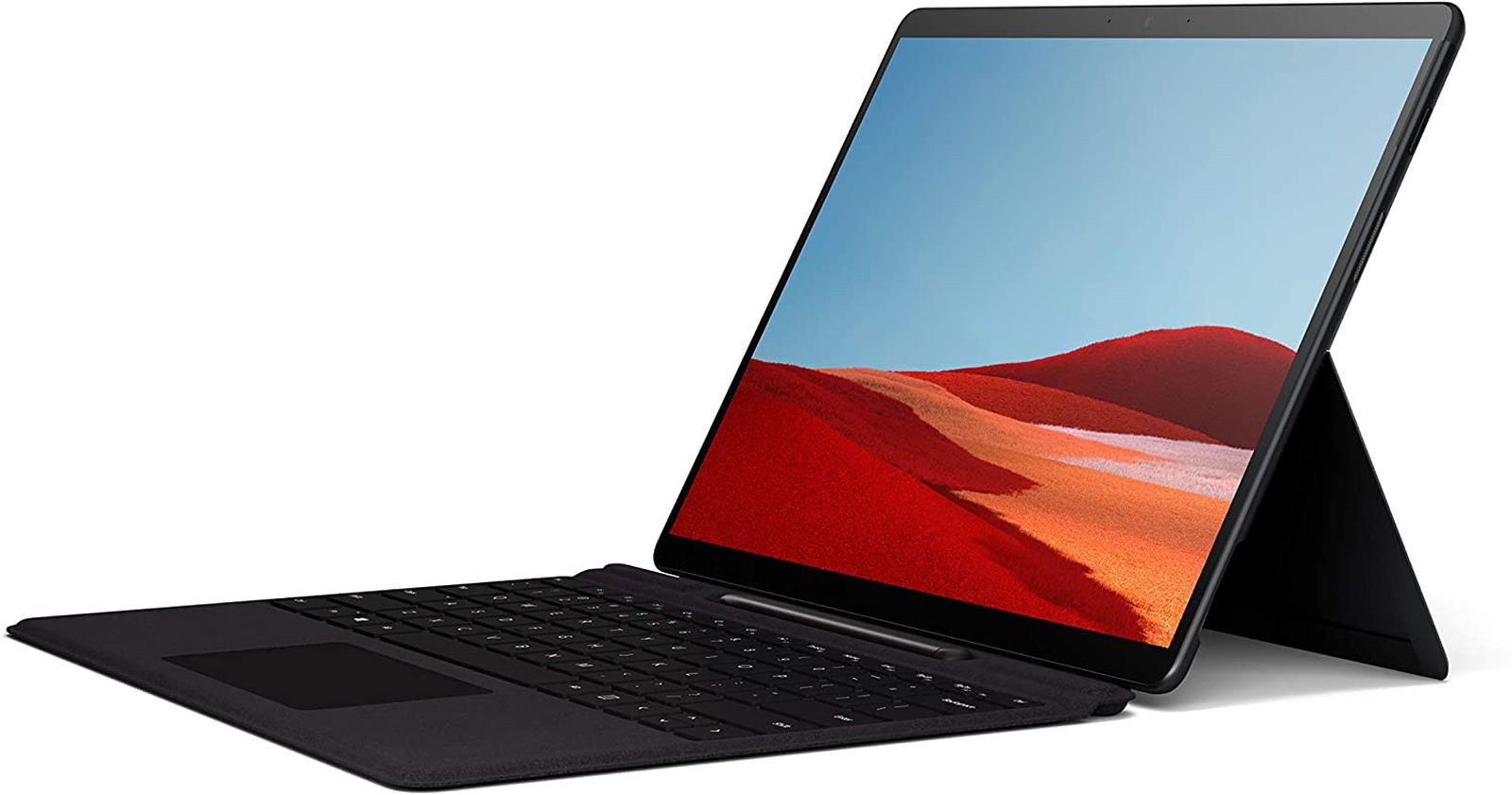The point is coming where my 2012 Mini is due to be retired. I use it all day as my main machine, mainly for Parallels, as well as for music stuff (currently just GarageBand but planning to upgrade).
The M1 chip puts me at a bit of a crossroads, especially as only the entry-level Minis are M1. The low memory available on M1 (especially once shared memory is taken into account) could come to bite me as I want this machine to last several years, especially as it is utterly non-upgradeable. I'm also not sure the software is quite ready yet. But, it seems damn quick.
On the other hand the 2018 MM does allow RAM upgrade (if you can be bothered) and is tried and tested... but I'd be buying into a discarded technology.
Price-wise the i5 with 16GB RAM and 512GB SSD comes in at £1300, or £1500 for the i7 (10-20% benchmark improvement).
The M1 with same memory and disk is £1100, and smashes even the i7 in benchmarks.
Right now, I cannot run Parallels with a Windows guest OS on M1 as far as I can see - it's in development but even then Windows ARM licenses are confusing.
Is it too early for someone like me to jump into M1? Should I just get an i5/i7 and assume by the time my next upgrade cycle comes along, everything will be figured out, knowing that I've lost a lot of processing power and paid more? Who knows what the higher-spec ARM MM will offer in performance?!
The M1 chip puts me at a bit of a crossroads, especially as only the entry-level Minis are M1. The low memory available on M1 (especially once shared memory is taken into account) could come to bite me as I want this machine to last several years, especially as it is utterly non-upgradeable. I'm also not sure the software is quite ready yet. But, it seems damn quick.
On the other hand the 2018 MM does allow RAM upgrade (if you can be bothered) and is tried and tested... but I'd be buying into a discarded technology.
Price-wise the i5 with 16GB RAM and 512GB SSD comes in at £1300, or £1500 for the i7 (10-20% benchmark improvement).
The M1 with same memory and disk is £1100, and smashes even the i7 in benchmarks.
Right now, I cannot run Parallels with a Windows guest OS on M1 as far as I can see - it's in development but even then Windows ARM licenses are confusing.
Is it too early for someone like me to jump into M1? Should I just get an i5/i7 and assume by the time my next upgrade cycle comes along, everything will be figured out, knowing that I've lost a lot of processing power and paid more? Who knows what the higher-spec ARM MM will offer in performance?!




